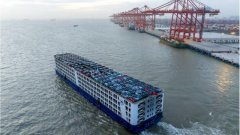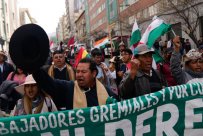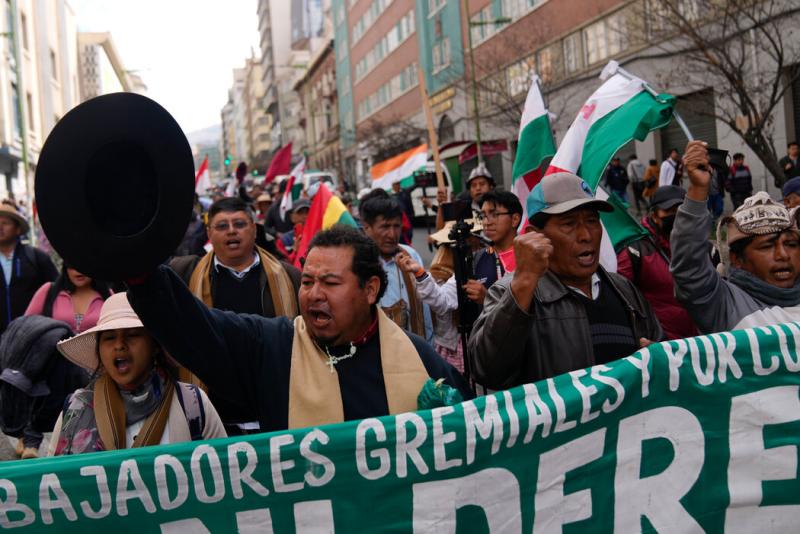
The deep economic anxiety like an unpredictable tornado sweeping the world, leaving long -stringed political turmoil and violence in the poor country and the wealthy country.
Kenya, which was severely compressed by debt, broke out last week. Last week, protests against tax increase proposals caused dozens of people to die, demonstrators were abducted, and some buildings in the parliament building were burned.
At the same time, in Bolivia, fuel shortage led to residents to line up. A military general led an attempted coup. When a armored car hit the door of the presidential palace, he said"Stopping our country is poverty."
In France, farmers who were angry with low wages and rising costs blocked the road.A few months later, the support increased in the first round of voting in the first round of voting held by the River -wing parties at the end of June.superior.
Although these chaotic roots, backgrounds, and conditions vary from the country, the things that run through it are clear: the continuous inequality, the decline in the purchasing ability of the people, people are more and more worried that the life of the next generation will be compared than that of the next generation.This generation is worse.
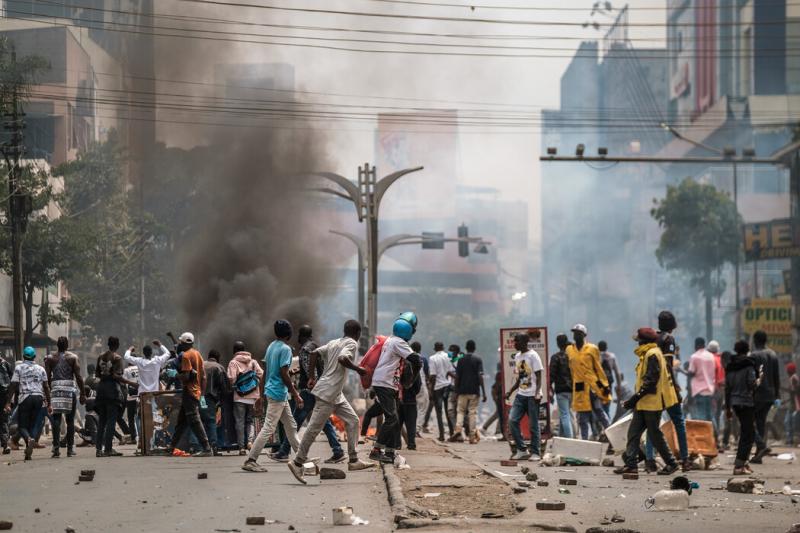
As a result, in many countries, ordinary people who face severe economic prospects have lost confidence in the government's ability to solve problems, and they begin to fight back.
counterattacks usually point their finger to free democracy and democratic capitalism, and the populist movements have appeared in the left and right camps."Economic dilemma and political dilemma are mutually promoted," said Nurir Ruibini, an economist at New York University.
In recent months, economic concerns have caused protests around the world, and sometimes even evolved into violent incidents, including economic stable high -income countries such as Poland and Belgium, as well as in Argentina, Pakistan, Tunisia, Angola, andA country with debts such as Sri Lanka.
Last Friday, Sri Lanka President Renier Wikahaminha used Kenya as an example: "If we cannot stabilize the economy of Sri Lanka, we will face similar turbulence."
Even if the economy has proven to be tough in the United States, economic anxiety is part of the reason why Trump, which often publishes authoritarian statements, may re -take office.A recent public opinion survey shows that among American voters, the economy is believed to be the largest proportion of the top priority.
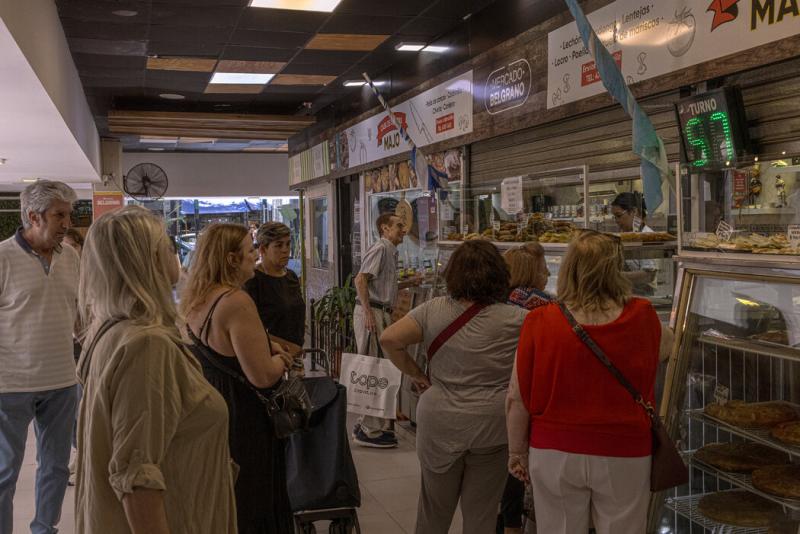
This year, more than 60 countries have held national elections. The political process has attracted much attention, and voters have expressed dissatisfaction through voting.
Economic issues have always had political consequences.However, economists and analysts said that a series of incidents caused by new crown viruses have created a serious economic crisis in many places around the world and laid the foundation for the current riots that countries are exploding.
The popularity leads to the stagnation of commercial activities and the decrease in income, creating confusion in supply chain, which has caused a shortage of various products such as semiconductor to sneakers.Later, as life resumed normal, factories and retailers could not meet the need to be suppressed, resulting in rising prices.
Russia's invasion of Ukraine has exacerbated these problems, leading to soaring prices of oil, natural gas, fertilizer and food.
Central banks from various countries try to curb inflation by increasing interest rates, but in turn bring greater pressure on enterprises and families.
Although inflation has eased, damage has been caused.The price is still high. In some places, the cost of bread, eggs, edible oil and family heating is twice, three times or even four times that a few years ago.
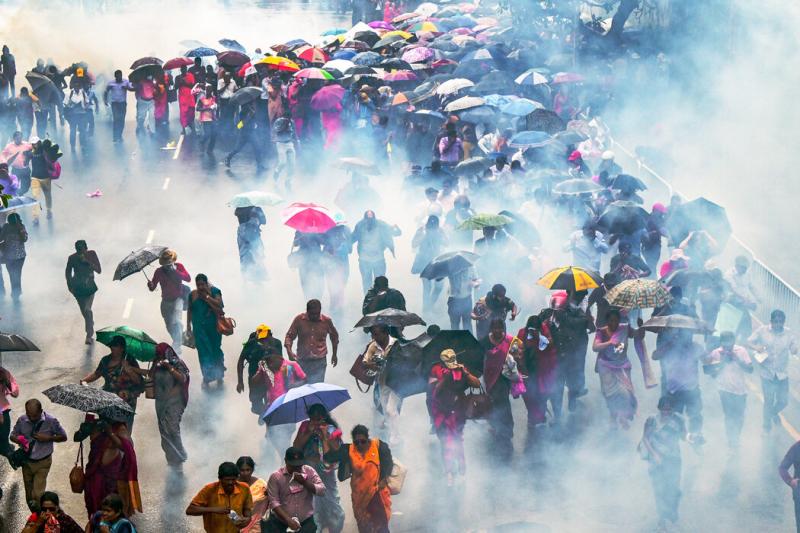
As usual, the poorest and most vulnerable countries have been hit most serious.The governments of these countries have been pant by their debt that they can't afford. As interest rates rise, the cost of debt repayment has further expanded.Half of Africa lives in countries where debt interest expenditure exceeds medical or educational expenditures.
This makes many countries anxious to find a solution.The Chief Economist of the World Bank, Yedmite Gil, said that there are two ways to pay for the expenses of the country that cannot borrow money because of the high debt."One way cause inflation," he said."Another way leads to riots."
Kenya tried to increase taxes after repaying $ 2 billion in bonds in June this year.After that, things became out of control.
Thousands of protesters poured into the parliament in Nairobi.According to the human rights organization, the protesters conflicted with the police, causing at least 39 people to die and 300 people injured.President William Loto withdrew legal proposals including increasing taxes the next day after the conflict.
Sri Lanka's debt is as high as $ 37 billion. "The people there are no longer named," said Jiati Gosh, an economist at the University of Massachusetts, said that she has recently been to Coronapa, Capital of Sri Lanka.She said that many families can't eat three meals a day, and their parents cannot afford tuition or medical insurance. One million people have lost power supply due to the rise in electricity prices and taxes in the past year.Police used tear gas and high -pressure water guns to dispel protesters.
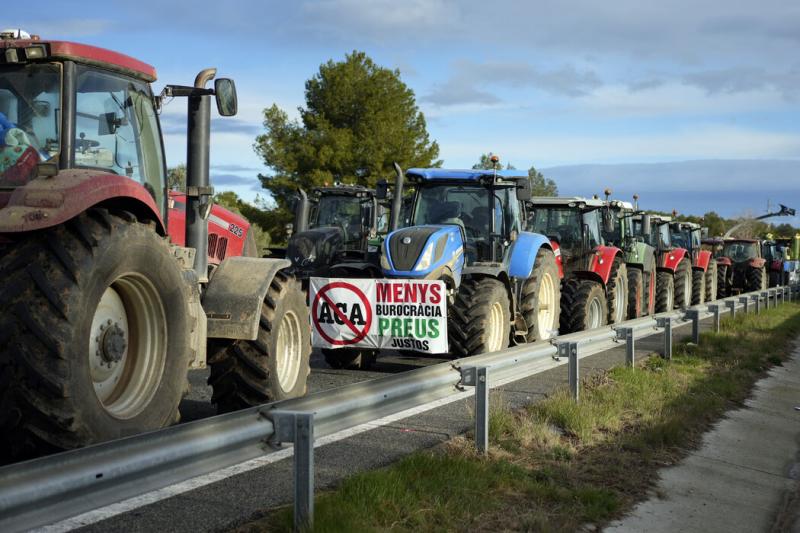
In Pakistan, the rise in flour and electricity costs caused a wave of demonstrations. The protests began in Kashmir have now spread to almost all big cities.The vendors closed their business last Monday, blocked the road, and burned electricity bills.
"We cannot bear the burden of soaring electricity bills and taxes," said Ahmed Jou Khan, who sells drugs in Laram."Our business is being affected, we have no choice but to protest."
Pakistan owes debt in a series of international creditors, and it wants to increase tax revenue by 40%to strive to obtain an emergency financial assistance of up to $ 8 billion from its final lender International Monetary Fund to avoid breach of contract.
No country has a larger scale than the International Monetary Fund obtained by Argentina: totaling $ 44 billion.Argentina's generation leaders have been poor in economic management for decades, and the use of the method of printing for payment for payment has led to the inflation rate of the country's inflation.Compared with 2023, Argentina's prices have almost doubled this year.The Argentine uses the US dollar instead of Argentine Peso when buying houses such as houses. They hide the large $ 100 banknotes in jackets or bras.
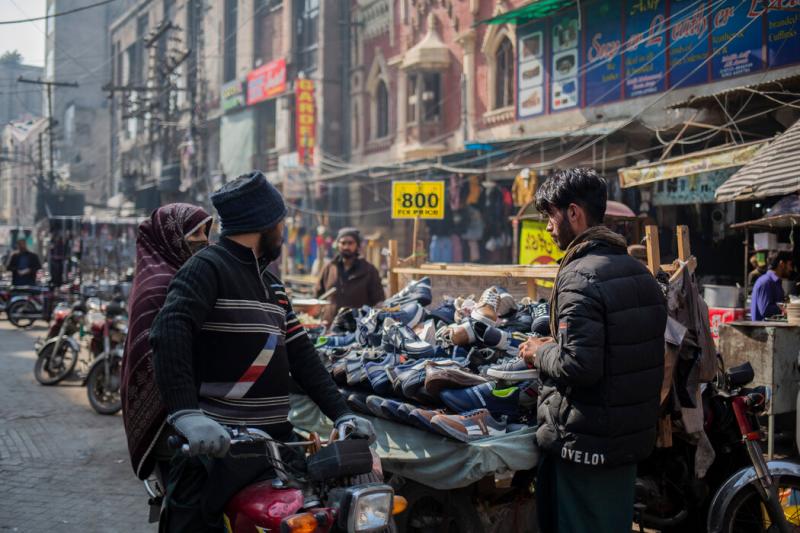
Economic turbulence has led voters to choose the President of Harveil Milan, who claims to be "anarchic capitalist" last November, and he promised to reduce government expenditure.He has reduced thousands of jobs, cuts the salary of civil servants, and has frozen infrastructure projects. The tightening measures he implemented even exceeded that the International Monetary Fund Organization was required to help the country solve the financial issues.During his first six months, the country's poverty rate soared.
Many Argentine people are fighting back.The national strike has led to the closure of enterprises and the cancellation of flights, and the protests blocked the square of Buenos Aires.Last month, some protesters threw stones or burned cars during a demonstration outside Argentina.Police responded with rubber bullets and tear gas.Several opponents were injured in the conflict.
Former Argentine Economic Minister Martin Gutzman said that when national leaders reorganized government debt, the most affected by the reorganization agreement was people with reduced pensions and increased tax rates.That's why he promoted a law in 2022 to ask Argentina's election Congress to approve any future transactions signed with the International Monetary Fund.
"There is a question of representatives and dissatisfaction here," Gutzman said."This is a combination that causes social turmoil."
Even in the world's richest country, dissatisfaction is rising.European farmers worry about their prospects, and new environmental regulations aimed at resisting climate change have increased production costs and threatened their livelihoods. They were angry about this.
Overall, Europeans feel that the purchasing power of wages is not as high as before.The inflation rate in Europe once reached nearly 11%in 2022, weakening people's income.According to a recent survey, about one -third of the European Union believes that their living standards will decline in the next five years.
Greece, Portugal, Belgium and Germany have erupted protests this year.In March of this year, farmers sprinkled dung on the highway on the outskirts of Berlin, causing several car accidents.French farmers burned dry grass and poured dung outside the Town Hall of Nice, hanging a wild boar body outside A Labo's labor supervision office.
As the chairman of French Farmers' Alliance said to Times: "This may be a confrontation between the end of the world and the end of the month."
Economic anxiety has exacerbated the differences between rural and urban residents, non -technical workers, and workers who have been educated by university, religious traditionalists and secularists.In France, Italy, Germany, and Sweden, extremely right -wing politicians use this dissatisfaction to promote nationalism and anti -immigrant agenda.
The global economic growth is slowing, making it more difficult to find a solution.
"Even if there are no protests, terrible things are happening," Gesh, an economist at the University of Massachusetts, said, "But the protests have made everyone realize."

